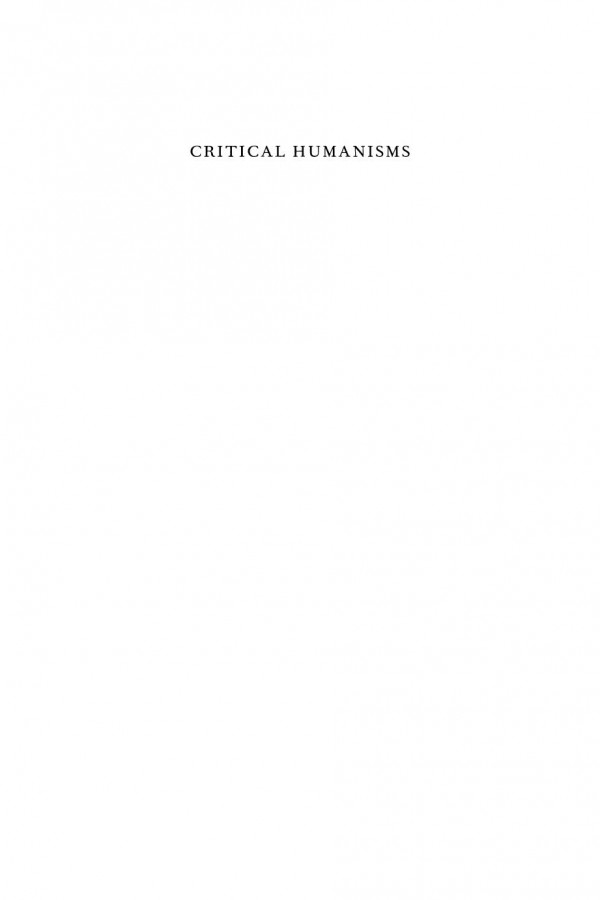

Most ebook files are in PDF format, so you can easily read them using various software such as Foxit Reader or directly on the Google Chrome browser.
Some ebook files are released by publishers in other formats such as .awz, .mobi, .epub, .fb2, etc. You may need to install specific software to read these formats on mobile/PC, such as Calibre.
Please read the tutorial at this link: https://ebookbell.com/faq
We offer FREE conversion to the popular formats you request; however, this may take some time. Therefore, right after payment, please email us, and we will try to provide the service as quickly as possible.
For some exceptional file formats or broken links (if any), please refrain from opening any disputes. Instead, email us first, and we will try to assist within a maximum of 6 hours.
EbookBell Team

4.0
66 reviewsGBS_insertPreviewButtonPopup('ISBN:9780748615056);
This distinctive reappraisal of humanism argues that humanist thought is a diverse tradition which cannot be reduced to current conceptions of it. By considering humanism via the categories of Romantic, Existential, Dialogic, Civic, Spiritual, Pagan, Pragmatic and Technological Humanisms, Halliwell and Mousley propose that the critical edge of humanist thought can be rescued from its popular view as intellectually redundant. They also argue that because these humanisms contain within them anti-humanist perspectives, it is possible to counter the charge that humanism is based upon an unquestioned image of human nature.
The book focuses on the thought of twenty-four mainly European and North American thinkers, ranging historically from the Renaissance to postmodernism. It discusses foundational writers (some of whom have been claimed as anti-humanists) such as Marx, Nietzsche, Freud, Dewey and Sartre as well as the contemporary thinkers Habermas, Cixous, Rorty, Hall and Haraway, to construct a series of provocative dialogues which suggest the ongoing relevance of humanism to issues of ethics, art, science, selfhood, gender, citizenship and religion. Given the range and originality of the book's approach, Critical Humanisms will be an invaluable resource for students and researchers in the Humanities, particularly English, American studies, cultural studies, modern languages, philosophy and sociology.